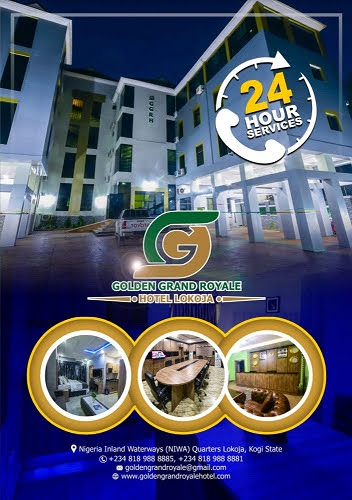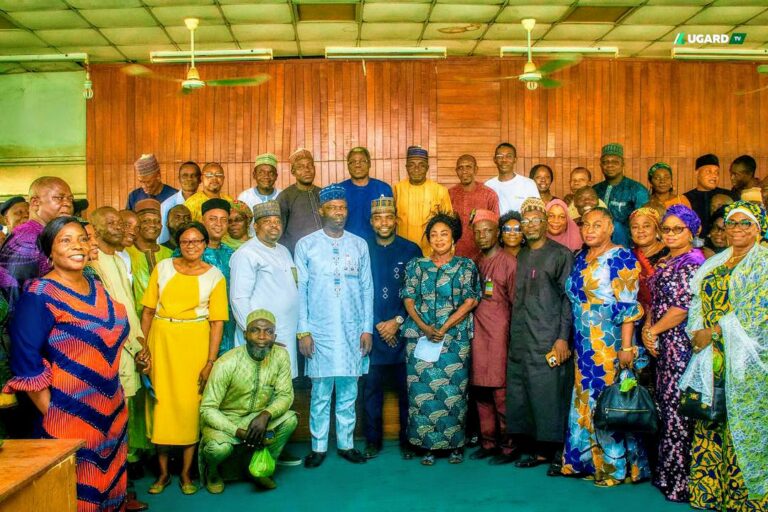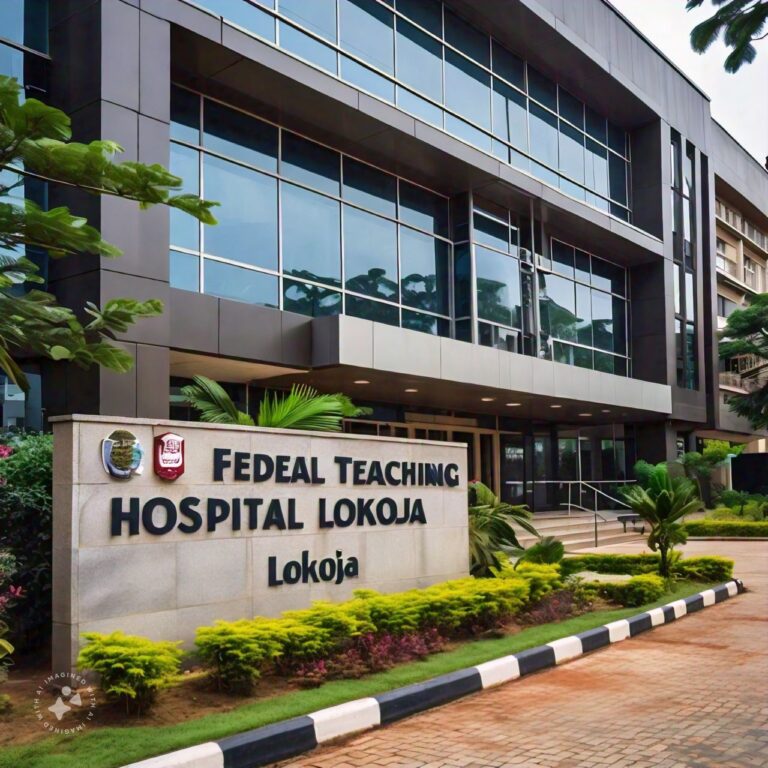Warning: Attempt to read property "post_excerpt" on null in /home/kogiflam/public_html/wp-content/themes/morenews/single.php on line 55


Kogiflame
The Zonal Pastor of Christian Evangelical Fellowship of Nigeria, (CEFN), Lokoja, Rev. (Dr) Malachi Ogakwu on Saturday in Anyigba attributed the lingering financial challenges in CEFN Theological Seminary today to over dependence on foreign assistance by the contemporary ‘CMML Church’.
Rev. Dr. Ogakwu, the guest lecturer in his paper “Theological Education and Challenge of Funding” identified this at the graduation and fund raising ceremony of CEFN Theological Seminary (CTS) at its permanent site, Anyigba over the weekend.
He said “the origin and background of the institution, the Christian Mission in Many Land (CMML) and Steward Company to a large extent depended on foreign assistance and as a result, did not see the need to teach the people on how to fund the Bible schools which according to him resulted to the challenges facing the seminary today.”
Rev. Ogakwu, the Deputy Provost of the Seminary, also shifted the blame of the financial challenges of the institution to economic crises, lack of jobs for young graduates and school leavers in the country which has made life more difficult to cope and may also significantly account for this phenomenon of spiral rise in vocation.
“These experiences may cause some young graduates to perceive Pastoral as a possible source of well-being and enviable social status as the astronomical growth or rise in pastoral vocation in CEFN also has implication for funding in the seminary.”
He further explained that the challenge of the funding of seminary is socio-economic in nature and the experience of the present high cost of living is engendered by high inflation which is unparalleled in the history of Nigeria.
On the effects of inadequate funding to the quality of pastoral training, Rev. Ogakwu stressed that the availability of adequate facilities and critical infrastructures surely have their role to play in the formation of the Pastors as Inadequate facilities and sham structures tend to deplete the psychological disposition of seminarians.
Ogakwu pointed out that, Lack of hostel accommodation for students and lecturers would necessarily undermine the rate of concentration and full application of the student to their studies or the lectures which would ultimately impact negatively on the integral structure of the seminarians.
He therefore suggested that each of the local churches in Nigeria and beyond should create a special fund raising Committees or agency, whose responsibility, under the supervision of the Pastors and Councils, would be to raise funds for seminary.
“This committee should be managed by responsible, trusted and capable pastors together with the council members, who may include lay committee members would be saddled with the special task of reaching churches and generous individuals.” he stressed.
Other ways to raise funds for the committee according to him would be “through annual Zonal Pastors’ appeal and annual collections from the Pastors in support of the seminary in addition to the quarterly offering, preceded by general enlightenment of members to enhance financial capacity building for the support of the seminary.”
In other to afford seminary the enabling environment to concentrate on the formation with full attention, Ogakwu suggested that the local Churches, under the wise directives and guidance of the Pastors and leaders, take up directly the responsibility of funding of all necessary capital intensive projects and infrastructures.
This according to the Deputy Provost would be achieved through commitment and the deserve attention of the Local Church projects in the various Areas and Zones.
He enjoined the General Overseer and the Provost to always yield to the constant action of God’s Spirit to brace up the opportunities offered by present situation and to discern which direction the Spirit is leading the Church in dealing with the funding challenge.
He opined that the lasting solution to the problems of funding of the seminary would not be achieved.




